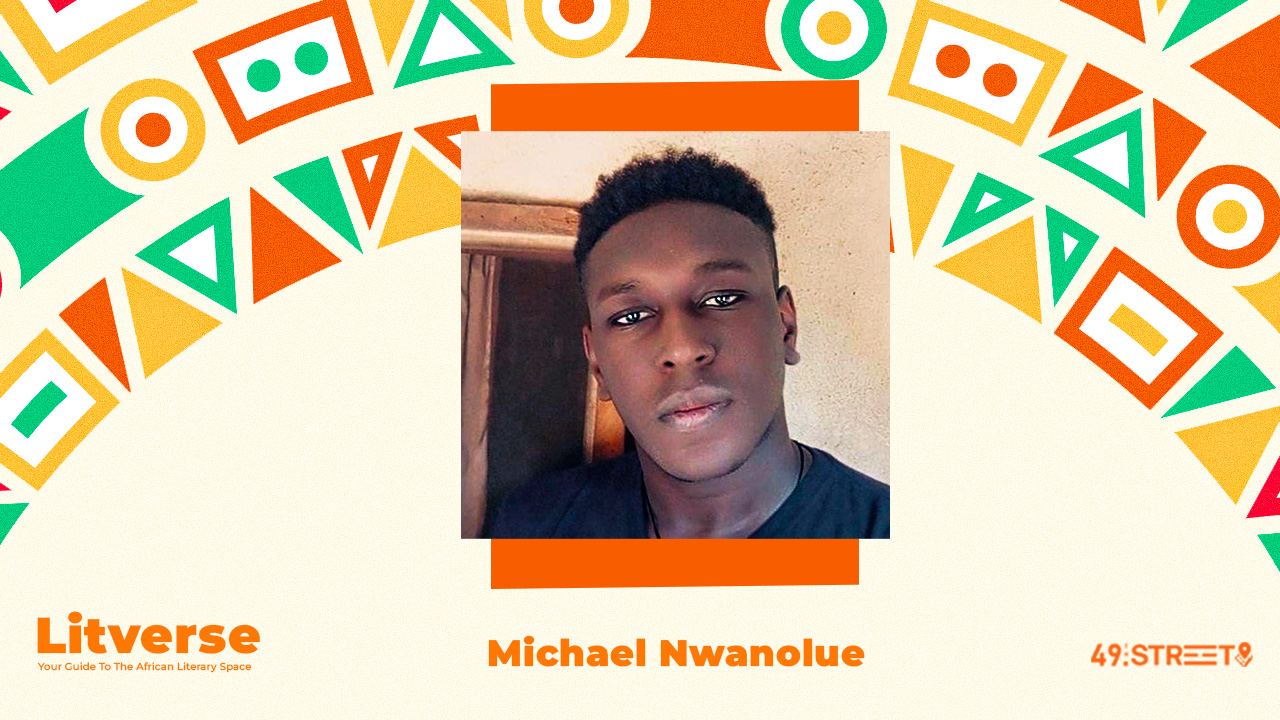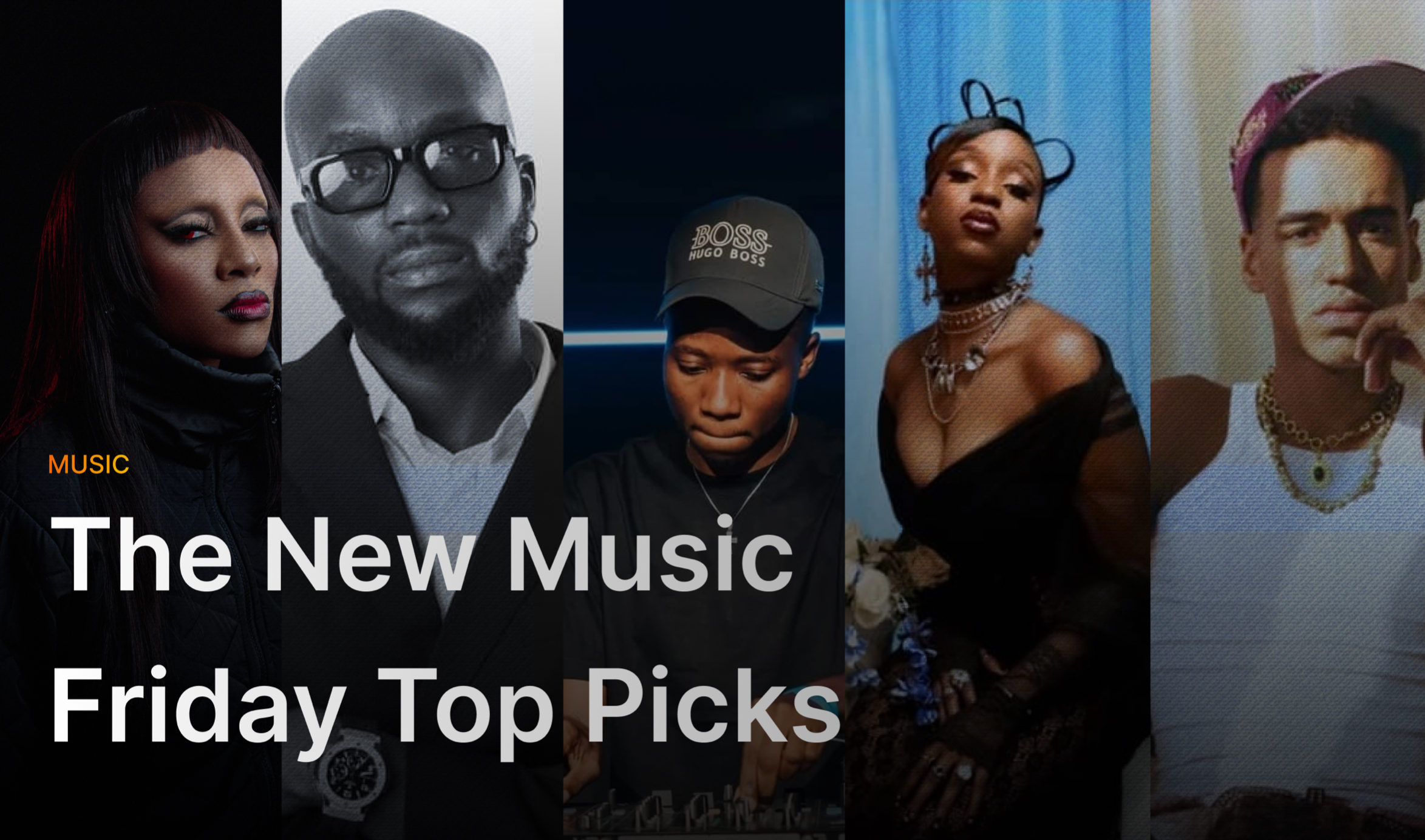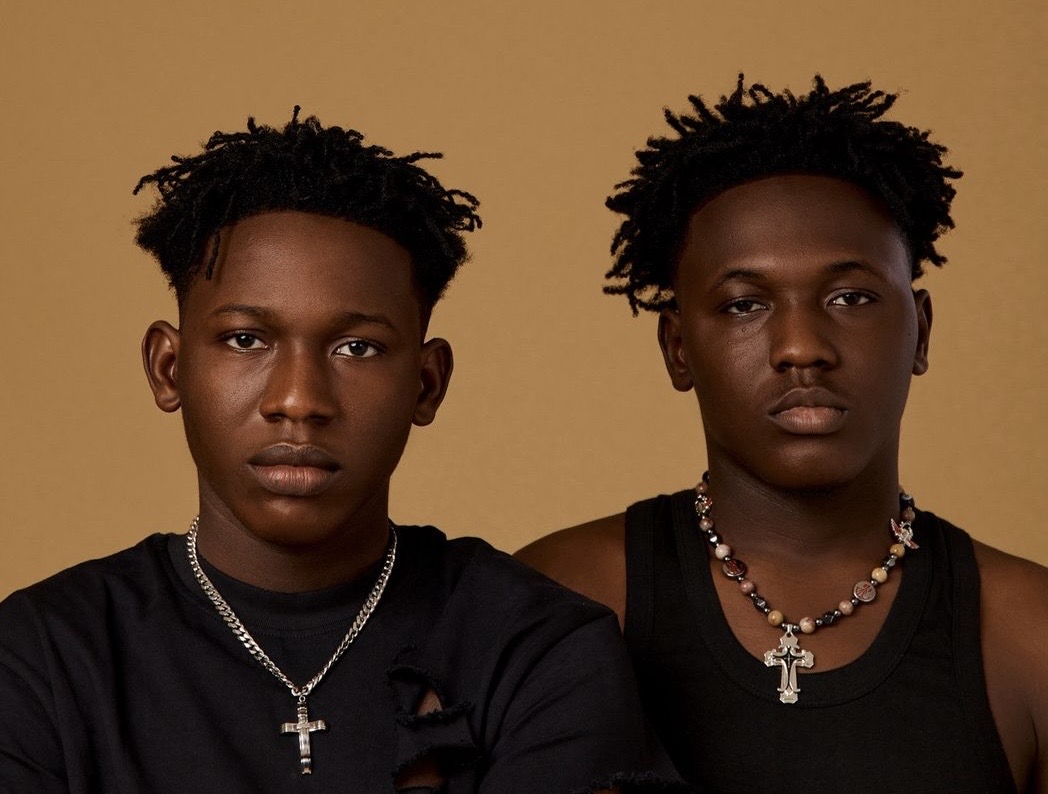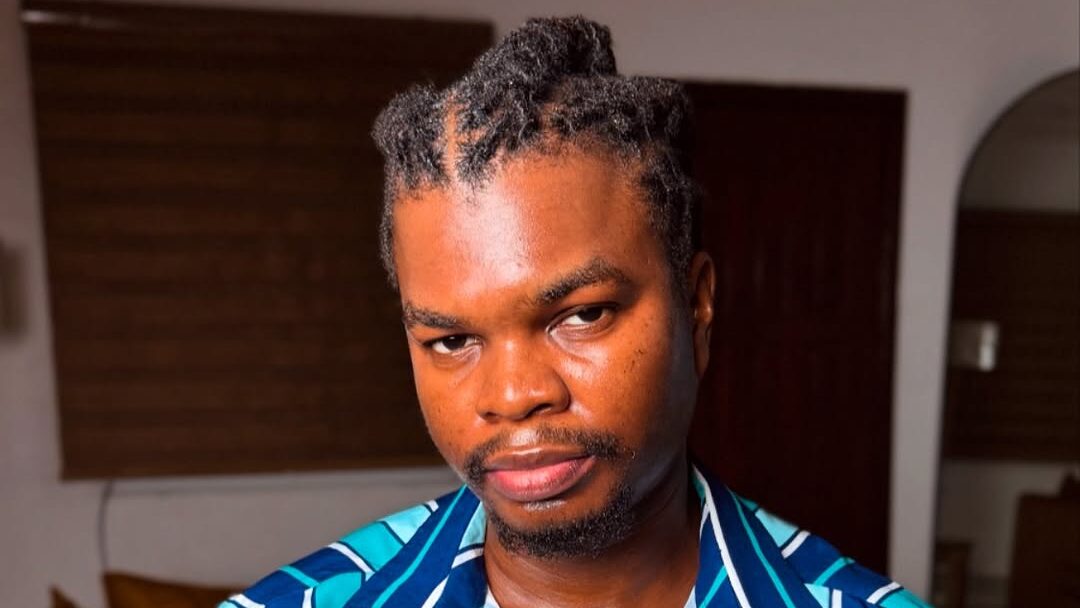In a country where anything non-Abrahamic religion is frowned upon, Michael Nwanolue is braving the odds by writing and self-publishing mythology books based on myths from all over Nigeria. In this interview, he talks about why writing fantasy/mythology is easy for him as an atheist and the influence that Rick Riordan has on his work.
Hullo!
Michael: It is time
Alright, Rafiki. Who is Michael Nwanolue?
Michael: He is a writer and artist, frequently lost in daydreams of what is and what could be. He is a history and mythology fanatic and often asks the question “why?” to as many things as possible.
A very curious kid it seems. So, Michael, what was your first story?
Michael: Hard to say. I’ve been writing for as long as I can remember. From retellings of the folktales, I grew up with my fumbling attempts at a true novel. The first actual book I wrote, I think would be “Witch”, a short novella about a girl that discovers she has powers and goes on a quest to the spirit world to restore its magic. I never finished it, but it was the first time I sat down and fully considered the concept of a fleshed-out story.
Interesting. Magic’s always been in your blood. What draws you to writing stories about Nigerian magic?
Michael: Simply, the need for representation. The first stories I wrote always featured a white cast and setting, simply because I didn’t know better and the drive to prove an alternative for future readers is what pushes me. Chimamanda Ngozi Adichie, a writer I quite like speaks about a single story and I quite agree. There’s a positive flood of fiction by European authors and while that’s all well and good, the rest of us that don’t quite fit into that mould of white and straight need to see ourselves represented as well, especially in genres like fantasy and sci-fi. I’m simply writing the stories I know I’d love to read.
The ability to write books you want to read is underrated. Your book Amobi and the door beyond time is a book that explores the magic system of different pre-colonial beliefs. How did you decide that was a story you wanted to tell?
Michael: I don’t think there was ever a moment where I made a clear, conscious decision to write Amobi and the Door Beyond Time. It was an idea that had been bouncing around in my head in different shapes and forms since 2015 I believe, and only a reread of the Percy Jackson series fully solidified the idea for me. I remember thinking, I can do this. I can write this but for Igbo gods and folklore and mythology.
Rick Riordan, father of them all. Seeing as both of you write mythology, is he someone you look up to?
Michael: Oh absolutely. I love books that incorporate humour and it’s a style I’d like to think I’ve implemented into my writing.
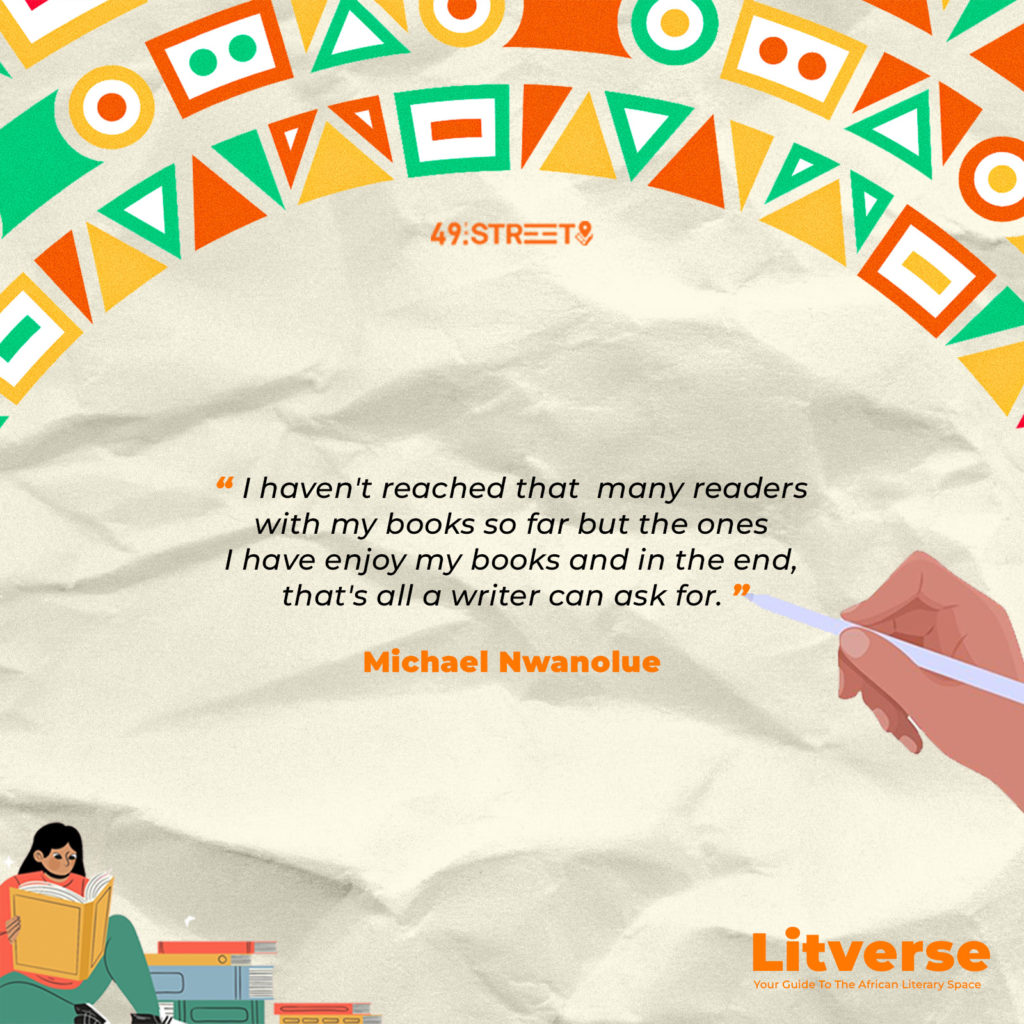
Writing isn’t easy as a career, writing mythology, how has it been?
Michael: Equal parts easy and difficult. The difficult part isn’t the myths and stories themselves, as research into lore will always be a passion of mine. It’s simplifying things without them losing their charms, modernizing old lore, and also incorporating your own magic system to make the whole story your own, that’s the hard part. How far can you tweak a creation myth before it stops being a reimagining and becomes something entirely yours? And how will that impact the characters and the world around them? That’s the balance I have to strike. It’s fun, but it’s a lot of work at the same time.
I can tell. A lot of Nigerian fantasy, a genre that isn’t even that popular in the first place, but a lot of it is about witches and old folklore. how do you fit into that?
Michael: It’s easy, I think because I’m not religious. Most of what I’ve seen is filtered through religious lenses and so, of course, the traditional magic will be evil and devilish powers only there to provide antagonists to be ultimately defeated by the power of the Bible. Now, that’s not to say there can’t be any evil from traditional folklore. I just don’t subscribe to the sweeping generalization I see taking place, especially in Nollywood. Evil exists everywhere and to pretend otherwise is disingenuous.
Evil does exist everywhere. When you say reimagining, does that mean you’re not going off the myths themselves?
Michael: I think I didn’t explain well. To reimagine a myth isn’t to ignore it entirely, but to take it even further. How would the consequences of the events fare in a modern society that may or may be aware of them? Take for instance the popular folktales of our culture that prominently features animals. If I were to state clearly that all of it happened, as I do in my books, then it has consequences and questions that must be answered. Since humans rarely feature in them, where on Earth did we come from then and when? I settled on a multiversal solution that isn’t strictly part of the original myths. Hence, a reimagining.
That makes sense. As you’re preaching the mythology gospel. Is the congregation listening?
Michael: I’d like to believe so. I haven’t reached that many readers with my books so far but the reception I’ve had is quite promising. They enjoy my books and, in the end, that’s all a writer can ask for
How’s it like being independent?
Michael: Difficult. It’s fun being able to dictate to the last dot how my books will turn out, but I can’t help but imagine that things will much easier if they had gone the traditionally published route. That said, I am a perfectionist and not a little bit of a control freak, so it’s probably for the best all things are in my hands. I can’t imagine any company would be happy with my antics lol.
So, you’re not interested in getting traditionally published?
Michael: Maybe for a future series, once I’ve gotten my multiversal stories out of the way and complete. I do have a story in mind that I’d use to pursue it. But that I imagine would be far into the future.
Multiverse you say? Care to expand?
Michael: Every single book I’ve written so far takes place in its world and universe. There are ongoing story arcs that concern the events happening in each universe, but there’s also an overarching story and villain connecting each world. Right now, I’m concerned with setting the seeds and important characters. Once that’s done, I’ll start slowly bringing them into other worlds and stories.
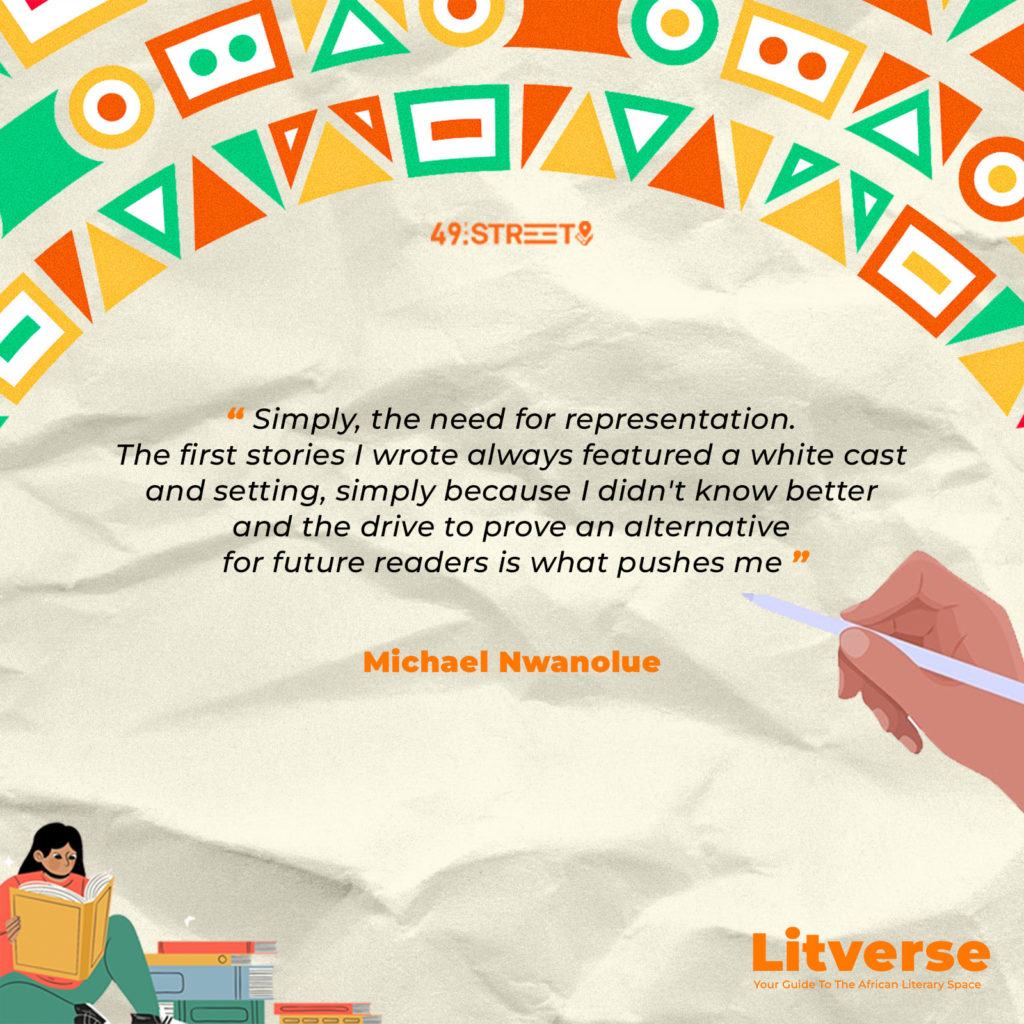
It’s a delicate affair. Right now, my focus is on making each character as well as their story as interesting as possible. It’ll be much more fun for me and readers I hope if the characters have a history before any team-ups happen.
Kevin Feige and the Russo brothers should come and take notes. How does your writing fit in with your real-life responsibilities?
Michael: It’s difficult to find time to write, not just because I’m a student, but because I’m a freelancer trying to find work. But I try not to let it get me down too much. The writing will happen when it happens. After all, I have managed to churn out three books so far.
So, you freelance write too?
Michael: Not really. Right now, it’s limited to interior book design. I am hoping to expand though.
We’ve seen a lot of books get adapted into series and movies and although Netflix NG is far behind, is that something you’re hoping would happen?
Michael: Yes. Absolutely. But I want it animated. My books have a lot of colours, both figuratively and literally, and I doubt any live-action series would capture them perfectly.
Where’s the petition for me to sign? What impact do you want your books to have on the African literary space?
Michael: I’m not imagining anything grand, though I wouldn’t say no to the level of success of people like J.K Rowling lol. I think being read and remembered 50 or 100 years into the future even by a small group would be enough.
Word to your fans?
Michael: I just want them to know that I love and treasure every one of them. I regularly reread their reviews and words of encouragement and they stick with me for weeks after they are made. They keep me going and I’m ever grateful for every reader that I have.
You can find Michael Nwanolue’s works here.

